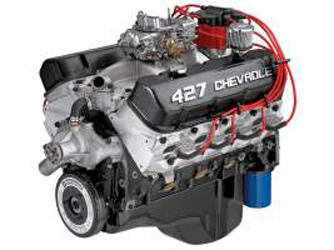P0A55 Engine Trouble Code
Meaning of P0A55 engine trouble code is a kind of powertrain trouble code and P0A55 code can be about replacing a broken oxygen sensor can eventually lead to a busted catalytic convertor which can cost upwards of $2,200. Taking your car into a shop will cost you around $210 depending on the car. However, an oxygen sensor is easy to replace on many cars and is usually detailed in the owner's manual. If you know where the sensor is, you only have to unclip the old sensor and replace it with a new one. Regardless of how you approach it, you should get this fixed right away.
P0A55 Fault Symptoms :
|
If one of these reasons for P0A55 code is occuring now you should check P0A55 repair processes.
Now don't ask yourself; What should you do with P0A55 code ? The solution is here : |
P0A55 Possible Solution:

|
Power Steering Pressure (PSP) Switch Malfunction In Key On, Engine Off Self-Test, this DTC indicates the PSP input to the PCM is high. In Key On, Engine Running Self-Test, this DTC indicates that the PSP input did not change state. Steering wheel must be turned during Key On, Engine Running Self-Test PSP switch/shorting bar damaged SIG RTN circuit open PSP circuit open or shorted to SIGRTN PCM damaged. |
P0A55 Code Meaning :
| P | 0 | a | 5 | 5 |
|---|---|---|---|---|
| OBD-II Diagnostic Powertrain (P) Trouble Code For Engine | Intake Valve Control Solenoid Circuit Low | Cylinder 1 Injector Circuit Low | Crankshaft Position Sensor B Circuit Malfunction |
Regarding the P0A55 code, it would probably be worthwhile to carefully inspect the wire harness near the intake manifold bracket. This is done most easily from below the car in the area near the oil filter.
P0A55 OBD-II Diagnostic Powertrain (P) Trouble Code DescriptionP0A55 engine trouble code is about Crankshaft Position Sensor B Circuit Malfunction.Main reason For P0A55 CodeThe reason of P0A55 OBD-II Engine Trouble Code is . |
P0A55 code on vehicles with electronically controlled automatic transmissions, the 3-4 shift solenoid is responsible for actuating the hydraulic circuits to activate clutches or bands that change gears inside the automatic transmission.

